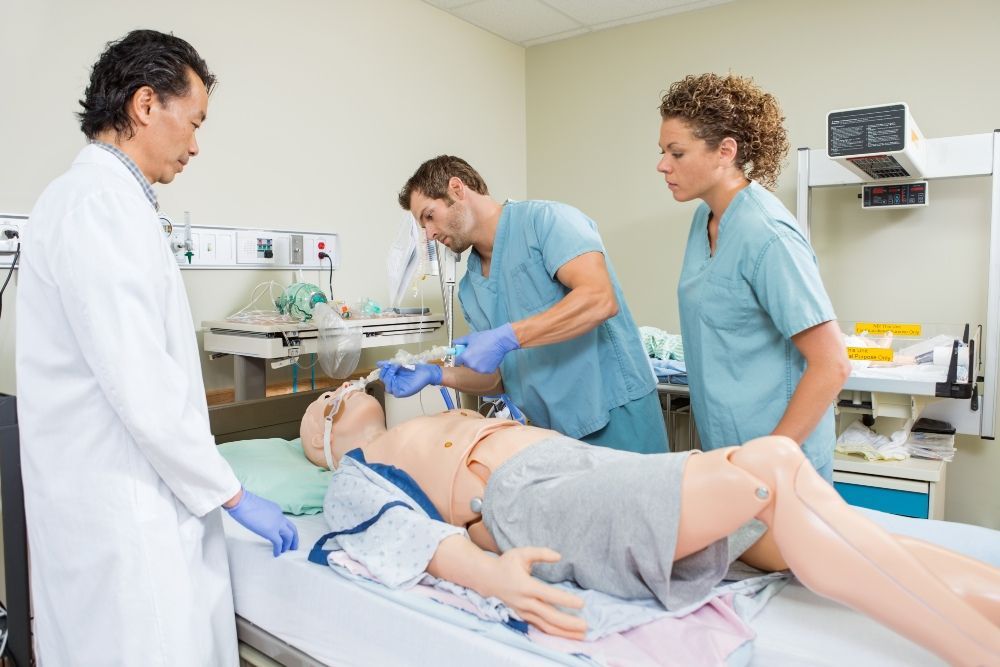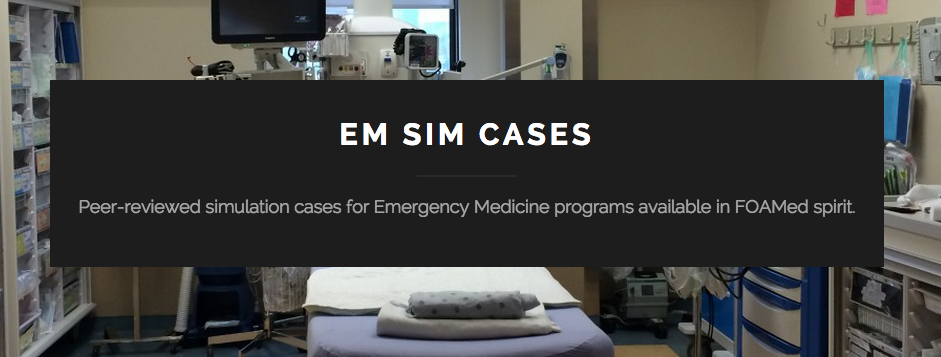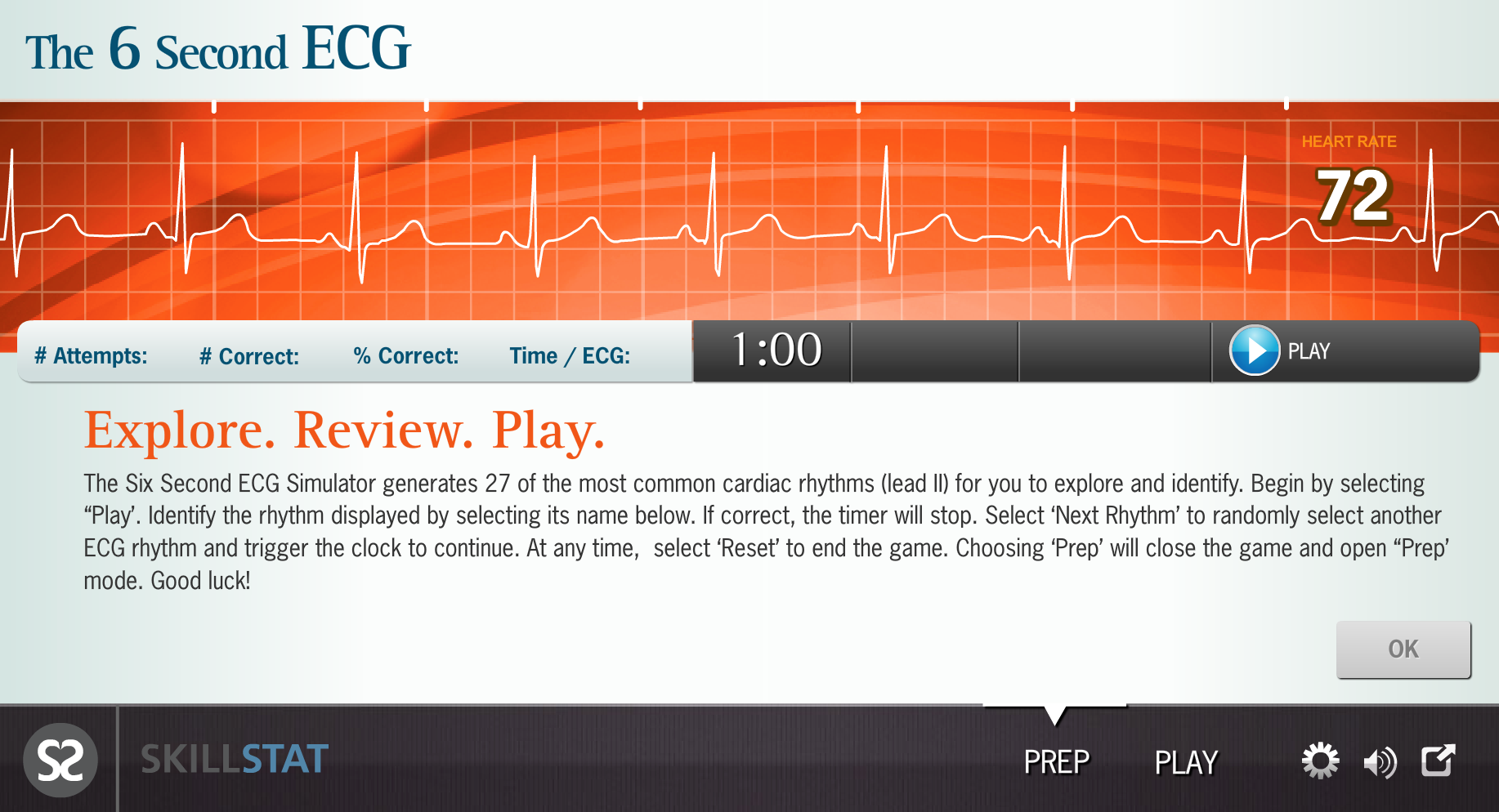According to the World Health Organization (WHO) Global State of Patient Safety 2023 report, Patient Safety “is the absence of preventable harm to a patient during the process of health care and reduction of risk of unnecessary harm associated with health care to an acceptable minimum.” Common healthcare errors include patients receiving the wrong medications, contracting hospital-acquired infections, having the wrong body part removed during surgery, receiving an incorrect diagnosis, or having a missed diagnosis or treatment. Asystematic review of more than 600 studies of technology-enhanced simulation training programs in health care found that technology-enhanced simulation training was associated with improvements in learners’ knowledge, skills, and behaviors, and improved patient outcomes.This HealthySimulation.com article by Teresa Gore, PhD, DNP, APRN, FNP-BC, CHSE-A. FSSH, FAAN, will highlight the positive aspects of addressing patient safety and available patient safety fellowships.
Patient Safety and Clinical Simulation
Healthcare simulation can help create a safety culture. Simulation can help create a proactive environment that is blame-free. Simulation training may be offered to individuals, teams, and larger units and scenarios can be created that match clinical situations that providers find the most worrisome. Simulation can be used to identify situations that have the potential to cause harm before they occur in actual practice. Educators know that simulation can produce moments of clarity for learners that will change their future practice for the better.
Simulation can be used to test and improve processes and procedures. The use of standardization operating procedures (SOPs) based on evidence-based practice throughout an institution prevents variability and reduces error. These are known as transformative and translational simulation. In addition, nursing simulation promotes flexible responses where every member of a team is empowered to speak up if they have a concern.
The role of healthcare simulation in improving patient safety expands every year; however, persuading hospital and clinic administrators to increase funding for simulation may be challenging. Simulation in Healthcare helps create High-Reliability Organizations (HROs): HROs are organizations that have the potential for catastrophic failure yet engage in nearly error-free performance. The healthcare industry differs considerably from HROs, such as the airline industry, because of the variation in healthcare settings, the focus in healthcare on patients rather than machines, and the fact that failures occur to individuals rather than mass casualties. Extensive investigation and publicity follow major airline crashes, whereas individual adverse patient events do not receive the same attention.
Healthcare Simulation Fellowships
There are many ways for healthcare simulation learners to gain knowledge and experience across the medical field, including acceptance to a fellowship. Known for their commitment to professional development, these programs often help individual learners through intensive training to focus on patient safety. Such training can include fieldwork, research, independent study, organizational work, graduate study, and more. Ultimately, the primary advantage of a fellowship is the ability to encounter unique experiences that are not typically available to someone in school or who are just starting in an entry-level position.
Fellowships are typically short-term opportunities that last anywhere from a few weeks to a few months, and in some cases upwards of a year. They are normally sponsored by an organization, institution, association, or government agency, and eligibility requirements are thereby set by the respective sponsor. A possible applicant qualification could include a record of achievement in healthcare education, as provided by letters of reference, publications, teaching evaluations, or prior specialized training or experience in medical education.
Depending on the fellowship sponsor, there may also be the opportunity to acquire nationally competitive grants, scholarships, and other funding opportunities. Today, many fellowship sponsors also offer two means of enrollment: in-person or online. The duration of a fellowship may be impacted by whether the program is online or in-person.
There are many ways for healthcare simulation learners to gain knowledge and experience across the medical field, including acceptance to a fellowship. Known for their commitment to professional development, these programs help individual learners often through intensive training. Such training can include fieldwork, research, independent study, organizational work, graduate study, and more. Ultimately, the primary advantage of a fellowship is the ability to encounter unique experiences that are not typically available to someone in school or who are just starting out in an entry-level position.
View the LEARN CE/CME Platform Webinar Improving Safe and Reliable Patient Care, Lessons & Tools from the Patient Safety Movement Foundation to learn more!
List of Available Patient Safety Fellowships
To educate healthcare professionals, Patient Safety Fellowships allow individuals the opportunity to become an advanced professional or expert in patient safety. The root cause of clinical simulation is to improve patient safety. This occurs through patient simulation, simulation for pedagogical purposes, systems improvement, quality improvement, process improvement, human factors, teamwork, and more. Below is a list of Patient Safety Fellowship Programs to address patient safety and improve healthcare outcomes.
- Institute for Healthcare Improvement (IH)I Fellowship Program
- Institute of Healthcare Improvement Patient Safety Executive Professional Development Program
- VHA National Center for Patient Safety: Advanced Fellowship in Patient Safety
- Kaiser Permanente Patient Safety Fellowship (non-ACGME)
- US Department of Veteran Affairs VA Sunshine Healthcare Network Patient Safety Fellowship
- The Feinstein Fellowships Patient Safety Fellowship
- Columbia University Center for Patient Safety Science: Patient Safety and Health Servies Research (PSR) Fellowship
- University of Florida College of Medicine Jacksonville Patient Safety Fellowship
- Harvard Medical School Fellowship in Patient Safety and Quality
- The International Society for Quality in Healthcare (ISQua) Lucian Leape Patient Safety
- Patient Safety Movement Foundation: Global Interprofessional Patient Safety Fellowship Program
- Jewish Healthcare Foundation Patient Safety Challenge Fellowship
- The University of Texas at Austin – Hospital Medicine Fellowship Patient Safety
- The University of Toledo Patient Safety Fellowship
- New York – Presbyterian Patient Safety Research Fellowship in Hospital Medicine
Visit our Healthcare Simulation Fellowships Page for More Listings!








